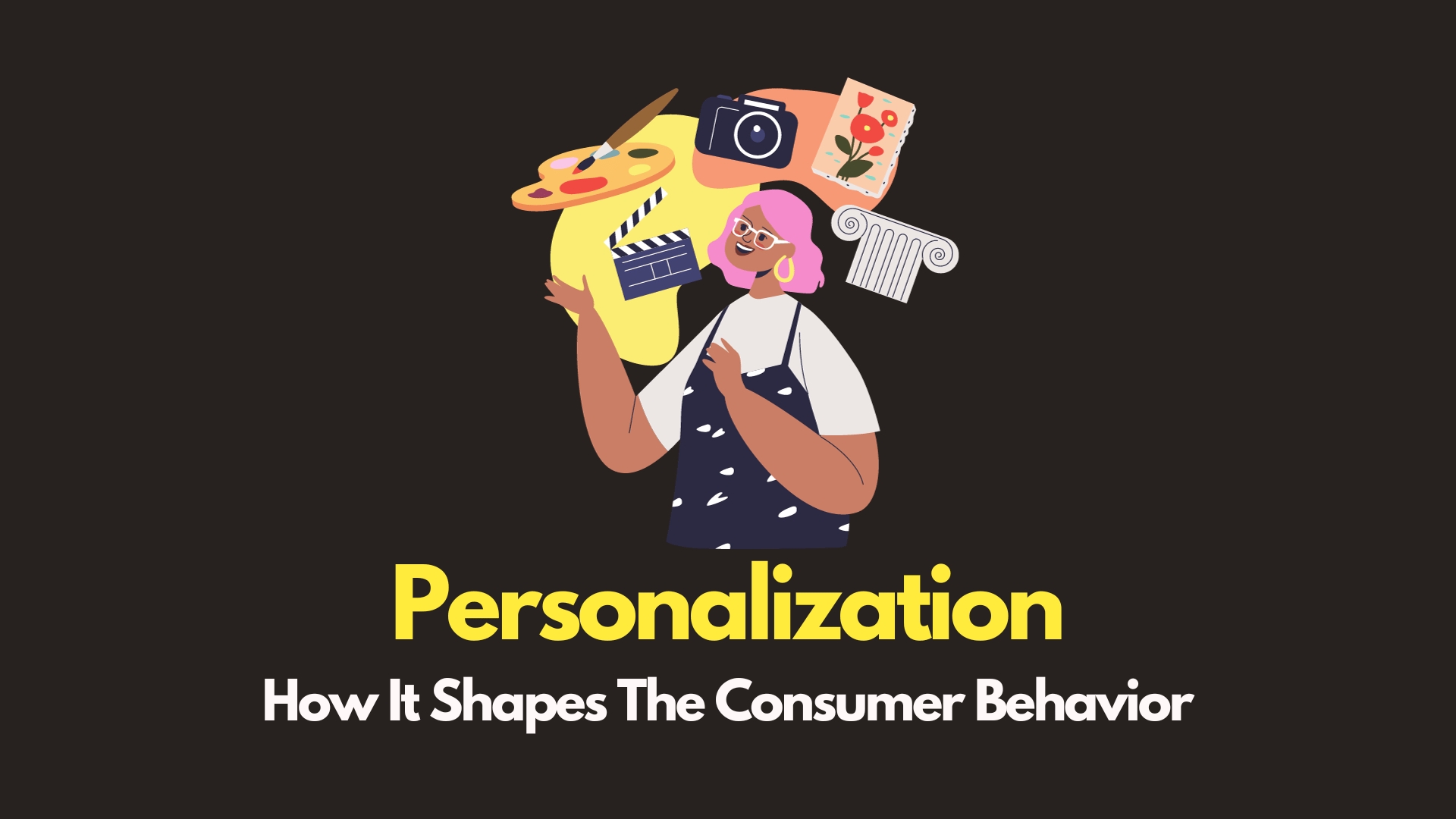Published
- 4 min read
Personalization and Its Effect on Consumer Behavior

Key Takeaways:
- Personalized marketing increases consumer loyalty and willingness to pay more.
- Ad personalization captures attention and enhances perceived relevance.
- Smart technology choice affects shopping behavior through technology-enabled personalization.
- Personal consumption has shifted from mass to individual-centric, impacting identity.
- Targeted advertising is perceived as personalization, improving online shopping ease.
- Personalized advertising effectiveness is linked to positive consumer attitudes.
- Information transparency in personalized experiences can mitigate privacy concerns.
- Personalization effects vary with individual user traits and motivations.
- Personalized ads on social networks can influence engagement and purchase intentions.
Personalized marketing is a game-changing strategy that has revolutionized the way businesses interact with consumers. With the advent of advanced technologies and data analytics, companies can now offer hyper-personalized experiences that resonate with individual preferences, influencing consumer choices significantly. This article delves into the role of personalized marketing in shaping consumer behavior, backed by insights from recent research.
The Rise of Hyper-Personalization
Hyper-personalization goes beyond traditional marketing techniques by using real-time data to provide more relevant content, product recommendations, and services to each consumer. One of the key benefits of hyper-personalization is the enhancement of customer loyalty, as consumers are more likely to engage with brands that recognize their unique needs and preferences. Personalized marketing strategies also encourage consumers to pay a premium for products and services tailored to their desires.
Attracting Consumer Attention with Personalized Ads
The effectiveness of personalized ads in attracting consumer attention cannot be understated. When ads are tailored to reflect a consumer’s recent shopping behavior or interests, they not only capture more visual attention but also enhance the perceived relevance of the advertisement. This increased attention and relevance translate to better engagement rates and a higher likelihood of conversion. Explore the dynamics of consumer behavior to understand how personalized ads impact both online and offline shopping trends.
Smart Technology and Personalized Shopping Experiences
In today’s digital age, the choice of smart technology plays a pivotal role in consumer shopping behavior. Personalized messages delivered through customer-owned smartphones are found to be more effective because they become an integrated part of the customer’s extended self. Conversely, standardized messages are more impactful on retailer-owned screens as they remain separate from the individual’s personal space. This interplay between personalized content and device technology is crucial for retailers to consider when deploying technology-enabled personalization (TEP) strategies.
Personal Consumption and Identity
The movement from mass to personal consumption has profound implications for the individual’s identity. As consumers are presented with an increasing array of personalized products and services, the centrality of the individual is emphasized, leading to a re-conceptualization of personal identity. This shift highlights the importance of understanding the individual consumer on a deeper level to effectively cater to their evolving needs and preferences.
Privacy Concerns and Personalization
While personalized marketing offers numerous benefits, it also raises privacy concerns among consumers. The perception of targeted advertising as an invasion of privacy can lead to protective behavior, such as turning off personalization features. However, research suggests that information transparency and a positive attitude towards personalization can mitigate these concerns, emphasizing the need for brands to communicate their personalization efforts transparently and ethically.
The Impact of Personalization on Consumer Behavior
The impact of personalized marketing on consumer behavior is multifaceted. Personalized display advertising has been shown to influence online purchase intentions, with its effectiveness varying among different user traits. For instance, some users may find personalized ads intrusive, while others may perceive them as highly relevant, affecting their engagement and purchase intentions differently.
The Future of Personalized Marketing
As we look to the future, the role of personalized marketing in influencing consumer choices is only set to grow. The ability to deliver personalized experiences through social network sites, for example, has been verified to affect advertising perception, consumer engagement, and purchase intentions. Businesses must continue to harness the power of personalization while balancing consumer privacy and trust.
In conclusion, personalized marketing is a potent tool for influencing consumer choices. By understanding and implementing personalized strategies effectively, businesses can build stronger relationships with consumers, leading to increased loyalty, engagement, and sales. For more insights into crafting a balanced marketing strategy that leverages consumer psychology, check out our practical guide.